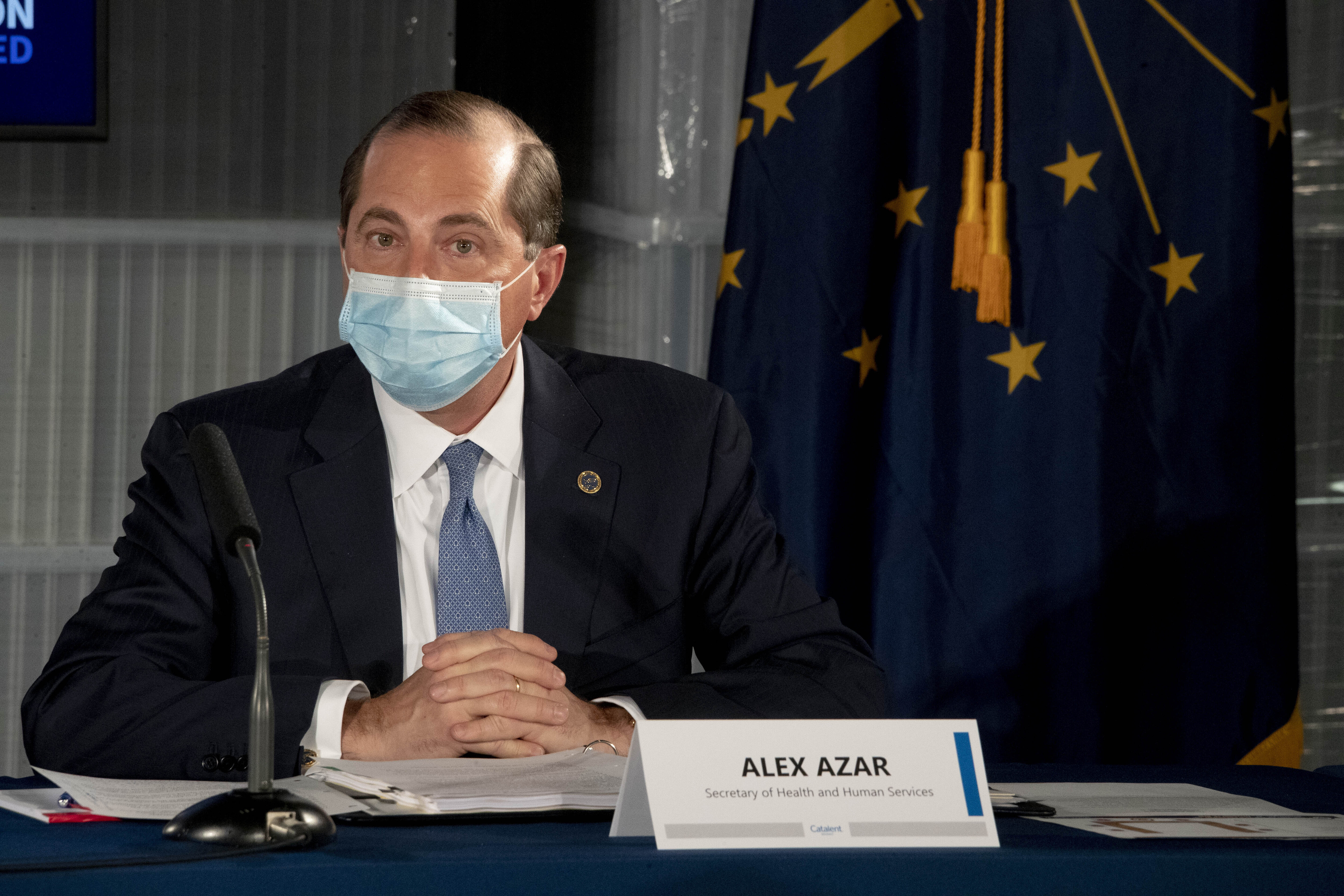More than 78% of Los Angeles County residents are willing to get the COVID-19 vaccine, according to a survey released Wednesday by the UCLA Center For Health Policy Research.
According to the survey's preliminary data, the same number -- 78.6% -- of all residents statewide are ready to get the vaccine as soon as possible.
Among racial and ethnic groups throughout the state, Asians had high rates of willingness to get the vaccine at 88%, whites and multiracial residents also had high rates at 82.7% and 79.2%, respectively, and Latino and Black residents had lower rates of willingness at 72.5% and 58.1%, respectively, the study shows.
The California Health Interview Survey is released each year and conducted through interviews with more than 20,000 Californians on a range of topics. The pooled data from May through August reflects the latest in a series of estimates looking at the personal and financial effects of the pandemic on Californians.
"With the U.S. now seeing the first rollout of the vaccine, we feel that it's important, especially as a public health research center, to assess the willingness of Californians to get vaccinated, as well as to look more closely at different geographic areas to identify disparities,'' CHIS Director Todd Hughes said.
UCLA CHPR researchers emphasized that timely, effective, and lifesaving care may hinge upon accurate data determining gaps in treatment and care. Looking at differences in Californians' perspectives on the vaccine, and whether they have been tested for or have received treatment for COVID-19 enables researchers, public health professionals, and decision-makers to find out who and how to assist during the pandemic.
The state has seen daily infection rates climb drastically over the past few weeks. Previous versions of the data show striking disparities among at-risk groups and across racial and ethnic minorities.



